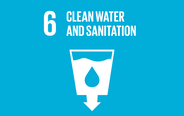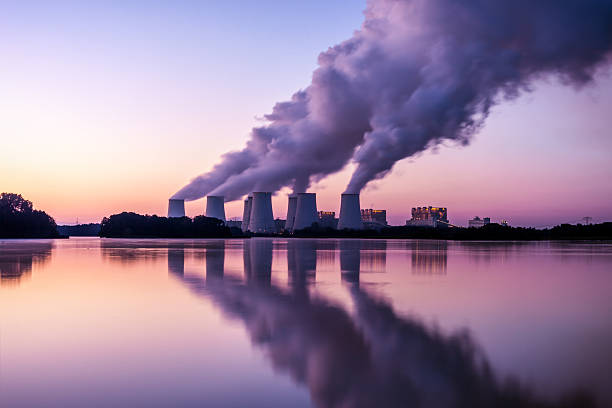By Julianne Rolf Climate change is drastically altering the hydrologic cycle. Water vapor concentrations, precipitation patterns, stream flow rates, ice sheet sizes, and cloud formation have been affected. Furthermore, wetlands are disappearing three times faster than forests, driven, in part, by climate change and the resulting sea level rise. Wetlands are some of the most carbon-dense ecosystems, maintaining surface water supplies and acting as a carbon sink. Additional stress is being placed on other potable water resources as both extreme droughts and heavy rains become more frequent. Billions of people do not have access to safe drinking water and sanitation, and 129 countries are not on track to provide these resources for all by 2030. With 3.4 million people dying every year from waterborne illnesses, the United Nations (UN) analysis shows that current progress needs to double to meet Sustainable Development Goal 6. Water production and transportation requires energy, with energy consumption accounting for as much as 40% of treatment costs. Similarly, the energy sector constitutes up to 15% of freshwater withdrawals globally and even more domestically. Water is also essential for electricity generation, mineral mining, oil extraction and processing, and biofuel cultivation. The International Energy Agency estimates that the energy sector will consume almost 60% more water over the next three decades. Certain electricity generation stations will be affected by water cycle changes. Suffering from too much or not enough water can prevent reliable energy access. Extreme droughts can lead to longer fire seasons and larger fires that can disrupt energy supplies. Thus, utility companies, for example in California, have resorted to temporarily cutting their services to prevent fires. Regions with limited or no access to electricity, which are mostly situated in sub-Saharan Africa, suffer from a compounding lack of both clean water and energy. Managing the water-energy nexus effectively and equitably will have significant implications on the United Nations Sustainable Development Goals for providing clean water, sanitation, and energy to all. We will need to rely on non-traditional water sources, such as wastewater, for drinking water. Less water-intensive electricity generation processes with low or no carbon emissions, such as wind and non-concentrated solar power, will need to be widely deployed. The water-energy nexus should be a priority in future technology and policy changes needed to mitigate the causes and effects of climate change. Without additional incentives from government agencies, power and water treatment plants will not be built or upgraded fast enough to meet the UN Sustainable Goals while simultaneously reducing carbon emissions.
0 Comments
Leave a Reply. |
Categories
All
Archives
March 2024
|

 RSS Feed
RSS Feed
